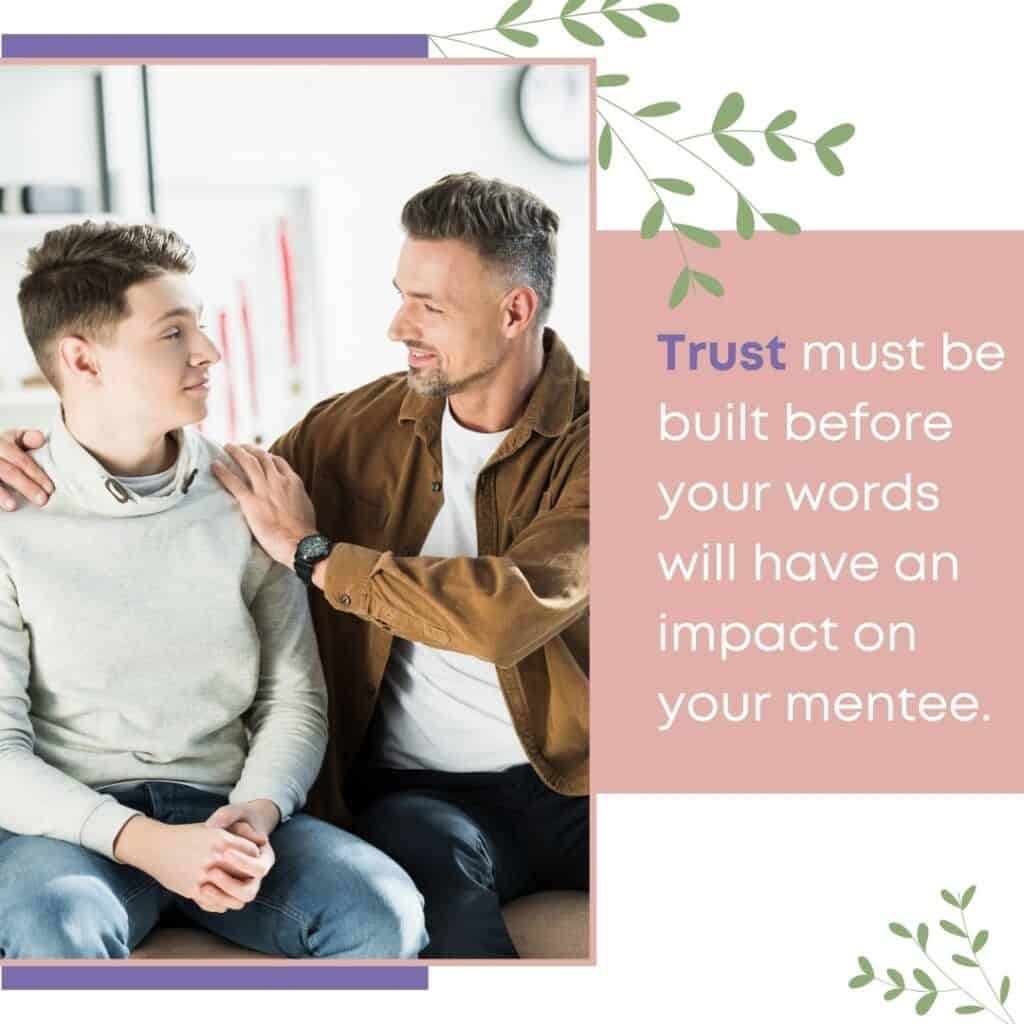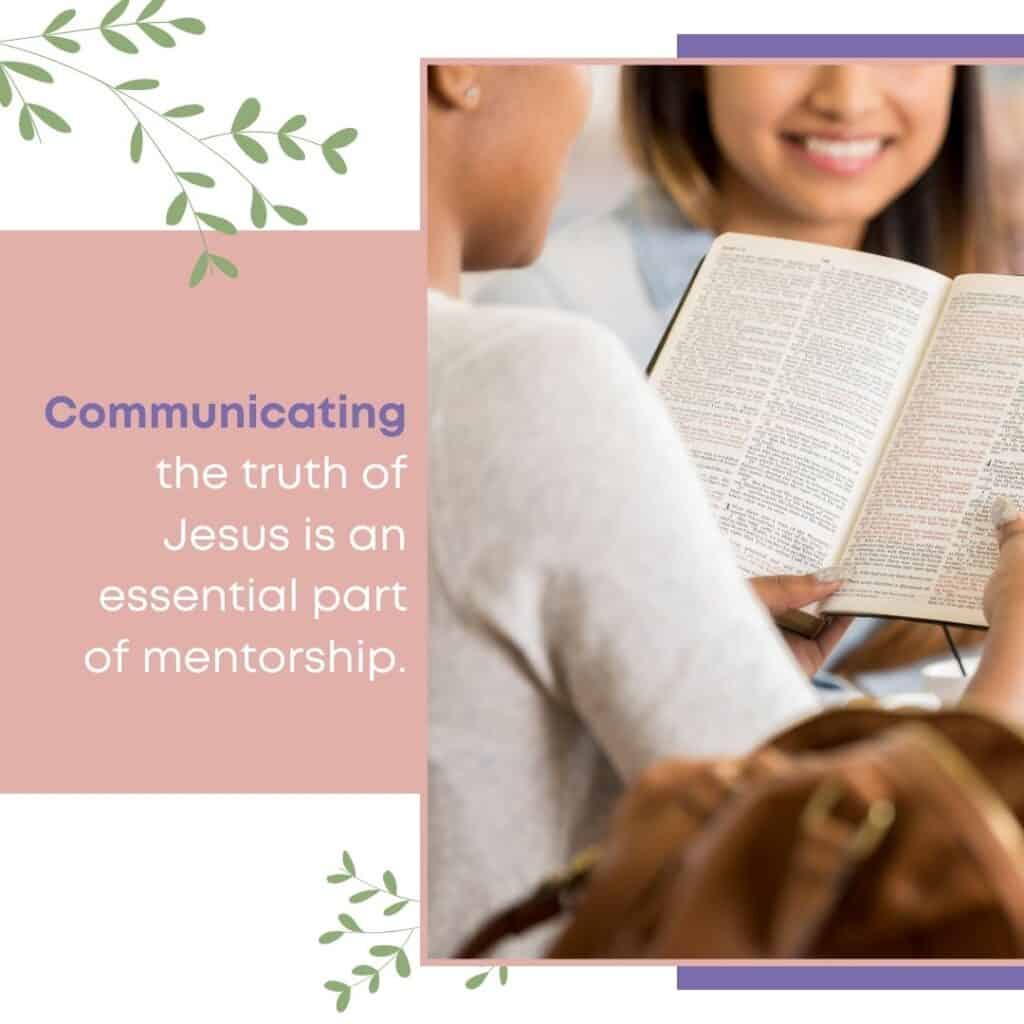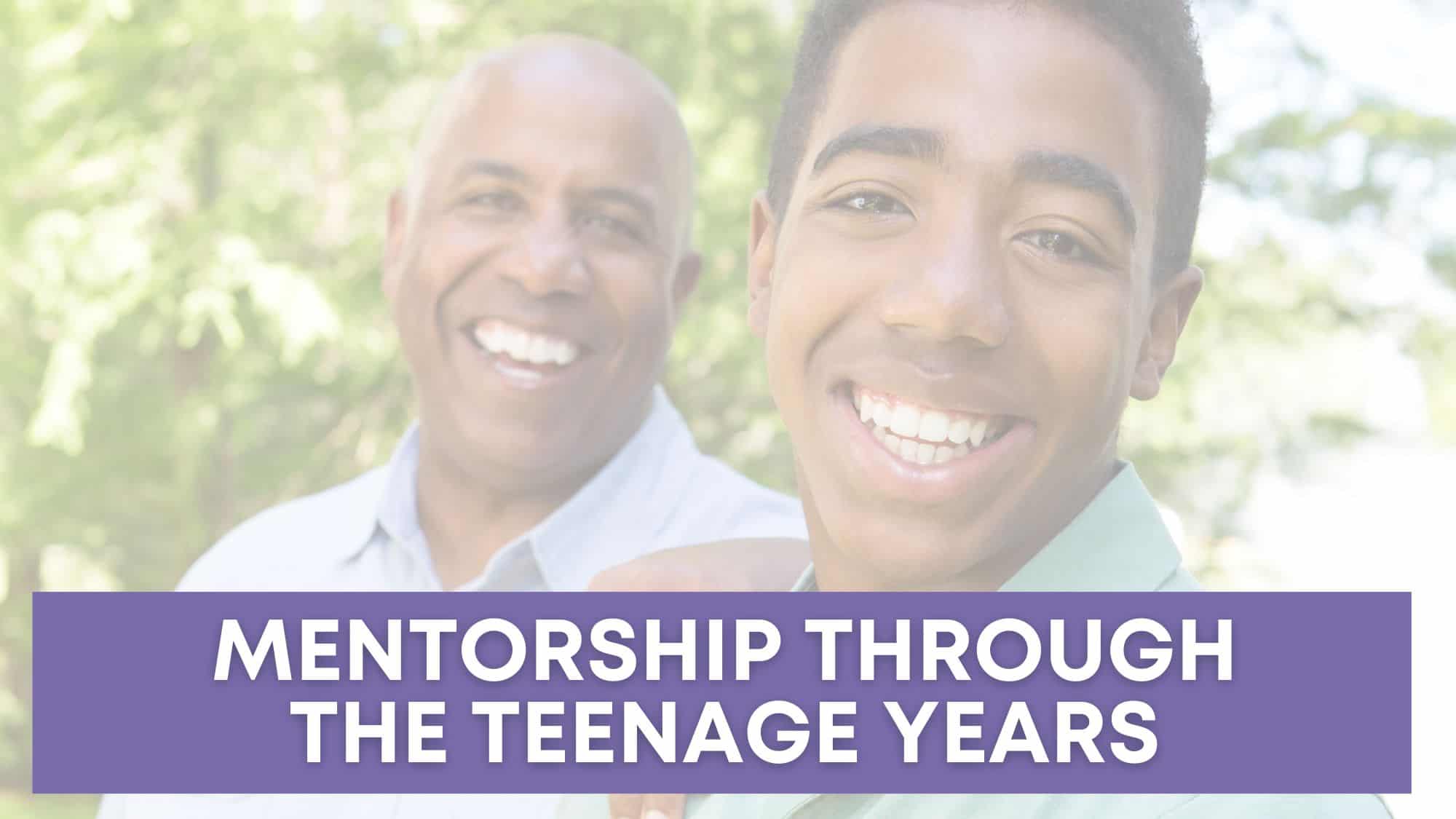I’ve been spending a lot of time with my ten-year-old grandson. It won’t be long before he enters his teenage years and is looking for mentorship from me, and from others. But for now, he has no worries. He lives in a good home, has many loving relatives, and a bunch of good friends. As a devoted grandparent, I envision him as the poster child for a “Life is Good” commercial. He enjoys almost everything, and his biggest obstacle is finishing school reading assignments rather than breezing through more enjoyable books.
Ten. That’s three years away from the teen years when the hormones kick in, peers can become more important than grandparents, and the influence of friends and culture competes with the guidance of his parents. Recently, I was in a Zoom meeting discussing ways to implement support systems for people of all ages. One of the participants has three teenage girls and another cutie who is almost into her teenage years. His question was, “Is there a support group for parents of teenagers?”
Key Ways to Provide Mentorship Through the Teenage Years
Mentors of teenagers aren’t meant to be a support group, but they can be an excellent source of support for parents as they build a trusting relationship with their child through mentorship. If you are thinking about becoming a mentor to someone in their teenage years, here are a few keys to being a vital support for the family.
1. Just Show Up
Let’s start with the most basic way to provide mentorship: Just show up. The last thing a teenager and their parent needs is an adult who does not fulfill their commitments. I’ve seen quotes that say, “Showing up is 90% of the battle.” It may not be 90%, but it brings you at least halfway there. And that 50% is essential. Time is precious, and there are always competing interests. Fulfilling your mentorship commitment is a top priority.
How does this support the family? Multiple factors are involved. First, it gives the teenager’s parent a break, knowing that their child is spending time with a caring adult. Next, you are setting a positive example that will slowly be absorbed as a model for that child and their family. Finally, mentorship research shows that youth who have good mentors often have better relationships in their homes. The influence of mentorship is subtle but substantial.

2. Don’t Judge
If showing up is half the battle, the next 40% of the equation is being nonjudgmental. That means don’t judge the teenager, their parents, their cultures, or just about anything else in their lives. The Lord Jesus admonished us in the Sermon on the Mount, “Do not judge, lest you be judged yourself” (Matthew 7:1). This can be hard at times.
Some mentors face situations where they know that kids and families are doing things that are counterproductive for their emotional, spiritual, and physical health. These things can range from harsh and demeaning language in the home to unhealthy eating, to the unwise use of money and resources. The thoughts running through a mentor’s mind at these times may be accurate, but our natural responses to correct or give advice can be counterproductive.
3. Building Trust Through Mentorship
There will come a time when your words will have an impact on your teenage mentee, but trust must be built first. That trust comes through being a consistent, nonjudgmental role model. Your patient acceptance supports the family because many teenagers and parents are fed with continual streams of criticism.
Teens who struggle in school rarely get positive attention and feedback. Parents of struggling teenagers who live in trying circumstances don’t lack advice. Extended family, school staff, friends, and hosts of other people are ready to provide “helpful feedback.” They often need someone who will just accept them for who they are at that point in time. They need encouragement. God will open the door for you to help when the time is right.

4. Be A Good Listener
Let’s look at the last 10% of the equation. What tops off a good mentorship and relationship is an adult who listens intently, asks good questions with the intent of learning more, and gives wise responses. Suspending judgment is a key foundation for listening because it enables you to concentrate on what the teenager is saying and how it is said rather than having your mind create a list of things that are wrong. When you listen, it can be important to ask questions about what they have said to help you learn more.
A Real-Life Example of Mentorship During the Teenage Years
For example, perhaps the mom of your teenage mentee says, “It’s been a real struggle this week.” A simple question that you can ask is, “Sorry to hear that. What’s been happening?” There is a risk that the mom might have a list of things that your mentee has done wrong. If she does, it’s essential to empathize without making a judgment. For instance, you might say, “That sounds tough.”
I’ve been in that situation often with my teenage mentee sitting next to me. It’s an uncomfortable conversation. My primary response is to compliment his mom is whatever way I can find and express my hope in their teenager and their work as a parent.
While it may be tempting to offer suggestions (“If you would only,” or “Have you considered trying”), I know that in that moment, those are not helpful and will be harmful. It will create a barrier between me, the mom, and my mentee who may react negatively to any perceived criticism of his mom. He will need to be encouraged, and I will ask questions about how he felt about the past week. Those questions may lead to helpful conversations regarding what he can do to improve his relationships at home.

5. One Final Piece to Mentorship
There’s a final piece to mentorship that goes beyond the 100%. We know that Jesus holds the ultimate key to life. His death and resurrection brings hope and new life to those who believe. Communicating that truth is part of our life mission as followers of Christ, and an essential piece to mentorship during the teenage years.
The Mouth of the Righteous is a Fountain of Life
Proverbs 10:11a tells us, “The mouth of the righteous is a fountain of life.” And by providing mentorship to teenagers, we can be a fountain of life to them and their families.
The teenage years are full of challenges for both teens and parents. For many parents, every one of the teenage years can bring challenges. The mentor who consistently meets with a teenager, listens to their mentee, and responds wisely and respectfully to the family will bring a fountain of life to them.




















